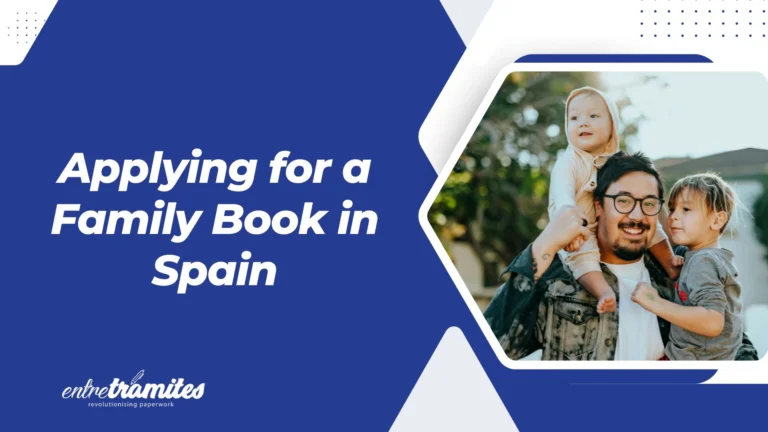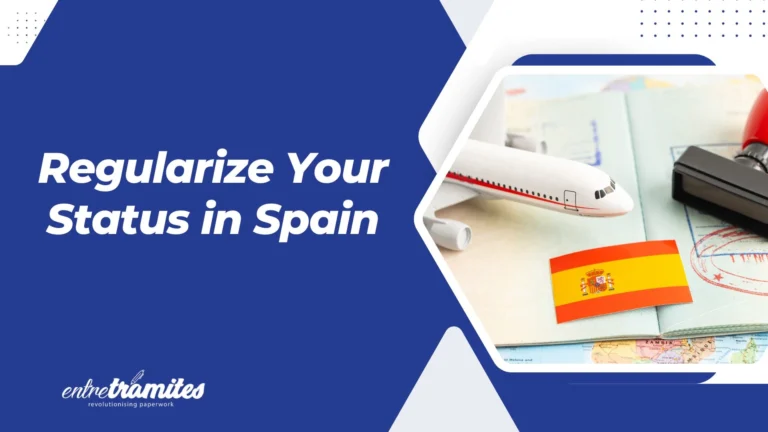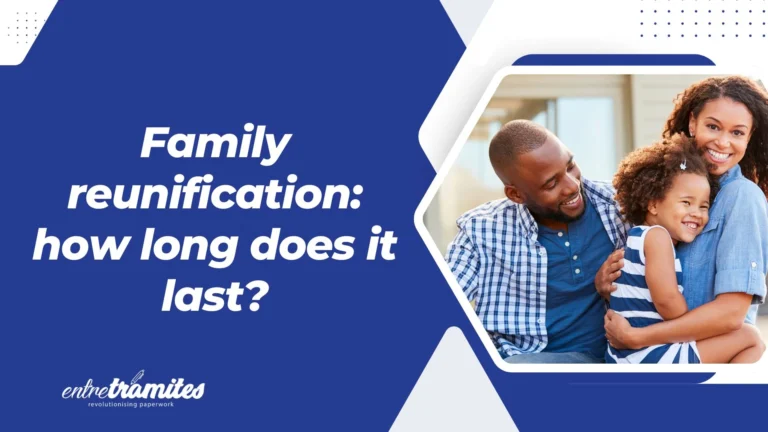For decades, the Spanish Family Book (Libro de Familia) was the key document in Spain for officially proving family ties. However, since the entry into force of Law 20/2011, of 21 July, on the Civil Registry, its issuance and use have undergone a major transformation.
If you are an expatriate or a foreign resident in Spain, it is crucial to understand these changes to successfully complete administrative and legal procedures.
In this article, we explain what the traditional Spanish Family Book was, its current legal status, what documents replace it, and the simple steps to request your official family certificates today.
What Was the Traditional Spanish Family Book?
The Family Book was a physical official document issued by the Civil Registry (Registro Civil). It served as the central register for a family, physically collecting:
- Marriage registrations.
- Birth registrations of children (filiación).
- Other relevant family changes, such as adoptions or divorces.
The main purpose of the document was to officially accredit the existence of the marital bond, the civil status of the parents, and the kinship (filiación) of the children for administrative purposes.
Key Legal Changes: The Switch to the Electronic Civil Registry
The physical Spanish Family Book ceased to be automatically issued on April 30, 2021, due to the full implementation of the electronic Civil Registry.
This change means a complete shift in how family events are recorded and accessed:
- No More Paper: New physical Family Books are no longer delivered.
- Digital Single Database: All information is managed electronically through a unique digital database for the entire country.
- Validity of Old Books: Existing physical Family Books remain fully valid for verifying the data they contain, but they are no longer physically updated with new events (such as the birth of a new child).
How to Request Your Family Records Now
While the physical format is gone, when you hear the term “Spanish Family Book” in an outdated form or procedure, it now refers to requesting the official information that was once contained within it, now provided in the form of a Civil Registry Certificate.
1. If You Already Have the Physical Family Book
You can continue to use it as a valid document for the information already noted in it. For example, your marriage certificate and the births of your children registered up to April 2021 are still proven by this document.
2. If You Need Updated Information (or never had one)
Any person getting married or having a baby after April 30, 2021, will not receive a Family Book.
Instead, you must request the specific certificate (Birth, Marriage, or Death) from the Civil Registry or its electronic headquarters. These individual certificates fulfill the same legal and administrative function that the Libro de Familia once performed.
Step-by-Step: Requesting Your Certificates
To obtain the specific data previously found in the Family Book, you should follow these steps using the official channels of the Spanish Ministry of Justice:
Online (Recommended)
- Access the Electronic Headquarters of the Ministry of Justice (Sede Electrónica del Ministerio de Justicia).
- Select the type of certificate you need:
- Birth Certificate (Certificado de Nacimiento)
- Marriage Certificate (Certificado de Matrimonio)
- Death Certificate (Certificado de Defunción)
- Indicate the intended use, your personal details, and the details of the person registered (inscrito).
- You can often request the certificate with an international format (plurilingüe or multilingüe), which is useful for foreigners and for procedures outside of Spain.
In Person
- Go to the specific Civil Registry office where the event was initially registered (birth, marriage, etc.).
- You must present your valid identification (DNI/NIE/Passport) and the necessary information to locate the registration (date, names, etc.).
Practical Example: A foreign couple marries in Madrid in 2025. They will not receive a physical Family Book. Instead, to enroll their children in school or apply for family benefits, they will simply download the electronic Marriage Certificate and the Birth Certificates for their children directly from the Ministry of Justice’s website when needed.
In What Cases Is the Family Book Still Mentioned?
Although the physical document is no longer issued, some older administrative procedures or forms may still mention the Spanish Family Book. In these situations, the legally acceptable alternative is to provide the updated, official, and corresponding certificates (Birth or Marriage) issued by the electronic Civil Registry.
Frequently Asked Questions
Can I still use my old Spanish Family Book?
Yes, any Family Book issued before April 30, 2021, remains completely valid as proof of the family relationships and facts recorded in it. However, it will not be updated with any new facts (like subsequent births).
What should I do if a procedure asks for the Family Book and I don’t have one?
You must provide the corresponding updated official certificates (Birth or Marriage) issued by the Civil Registry. These certificates are the legal replacements and fulfill the same function.
Is there a cost to request the Family Book (certificates) in Spain?
No, the process of requesting certificates (Birth, Marriage, or Death) from the Civil Registry is a free administrative procedure (trámite gratuito) for all citizens and residents.
Understanding the New Digital Reality
Ultimately, requesting the Spanish Family Book today means asking for the official information it once contained, now in the form of official certificates issued by the electronic Civil Registry. Understanding these fundamental changes is essential to avoid delays and misunderstandings in family and administrative procedures for foreigners in Spain.
If you need personalized assistance, at Entre Trámites we offer management and tax advisory services for freelancers and SMEs. You can contact us through this contact form for us to call you, or if you prefer, you can schedule a free consultation or write to us on WhatsApp.





